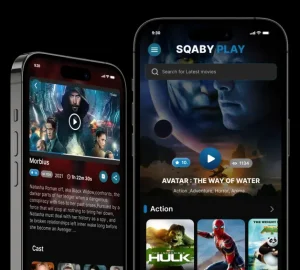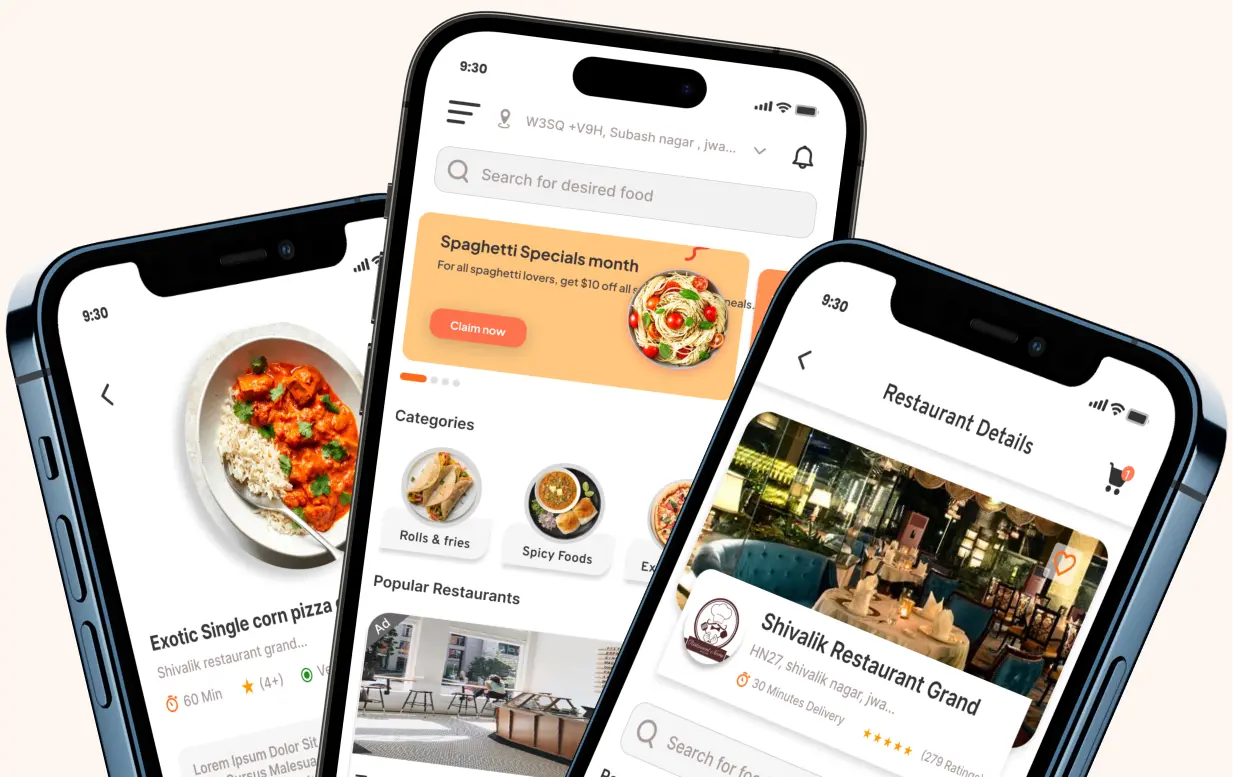Which Is Better for Your Business: Native App Development or Cross-Platform Development?
Mobile applications are now essential for companies looking to expand their consumer base and increase reach in the current digital era. However, choosing between native app development and cross-platform app development is one of the most important choices that firms must make. The goal of this blog is to offer a thorough guide to assist you in choosing the best course of action for your particular business needs. Both native and cross-platform development have benefits and cons, and the best option will rely on a number of variables, such as your target market, budget, timetable, and company objectives.

Understanding Cross-Platform App Development
Definition: Cross-platform app development involves creating applications that can run on multiple operating systems, such as iOS and Android, using a single codebase.
Technologies: Popular cross-platform frameworks include React Native, Flutter, and Xamarin.
Advantages:
Cost-Effectiveness: Development and maintenance expenses are far lower with a single codebase than with native development, which necessitates distinct codebases for every platform.
Faster Development Time: Working with a single codebase expedites the development process and reduces time-to-market.
Single Codebase: Maintaining and updating an application requires less work and a simpler development process when there is only one codebase.
Greater Reach: Your app’s reach can be increased by using cross-platform apps, which can target numerous platforms at once.
Disadvantages:
Performance Problems: Cross-platform programs, especially those using a lot of resources, could not function as well as native ones.
Restricted Access to Native Features: The app’s functionality may be limited by the partial accessibility of some native features and functionalities.
Possibility of Inconsistent User Experience: It can be difficult to guarantee a consistent user experience across various platforms.
Understanding Native App Development
Definition: Native app development involves creating applications specifically for a single operating system, using the platform’s native programming languages and tools.
Technologies: Popular native development technologies include Swift for iOS and Kotlin for Android.
Advantages:
Better Performance: Native applications run better and load faster since they are tailored for the platform on which they were developed.
Complete Access to Device Features: Native development offers a more comprehensive user experience by granting complete access to all of the features and functionalities of the device.
Improved User Experience: Because native apps follow the platform’s design specifications, they usually provide a more seamless and intuitive user experience.
Superior Security: Compared to cross-platform apps, native apps typically have stronger security measures.
Disadvantages:
Increased Development Costs: It might be costly to create distinct codebases for several platforms.
Longer Development effort: Compared to cross-platform development, creating and maintaining distinct apps for each platform requires more effort.
Different Codebases for Various Platforms: Multiple codebase management and updating can be difficult and time-consuming.
Key Considerations for Choosing the Right Approach
Target Audience: Understand your target audience and their device preferences. If your audience predominantly uses a single platform, native development might be the way to go. For a diverse audience, cross-platform development could be more beneficial.
Budget: Evaluate your budget constraints. Cross-platform development is generally more cost-effective, especially for startups and small businesses with limited budgets.
Timeline: Consider the importance of time-to-market. If you need to launch your app quickly, cross-platform development may offer a faster solution.
App Complexity and Features: Analyze the complexity of your app and the features you need. For complex, high-performance apps, native development might be more suitable.
Maintenance and Updates: Think about long-term maintenance and updates. Cross-platform development simplifies updates, while native development may require more effort to keep both versions up-to-date.
Case Studies
1: A startup with a limited budget and tight timeline opted for cross-platform development using React Native. The result was a functional app that reached both iOS and Android users quickly, allowing the startup to validate their business idea and gather user feedback efficiently.
2: A gaming company chose native development for their high-performance game. Using Swift for iOS and Kotlin for Android, they created a seamless and engaging user experience, taking full advantage of the native features and capabilities of each platform.
Expert Opinions
Industry Insights: According to industry experts, the choice between cross-platform and native development largely depends on the specific requirements of the project. For instance, John Doe, a renowned mobile app developer, states, “For apps that require top-notch performance and utilize advanced device features, native development is often the best choice. However, for businesses looking to reach a wider audience with a limited budget, cross-platform development can be a more practical solution.”
Trends: Current trends indicate a growing preference for cross-platform development due to its cost-effectiveness and faster development cycles. However, native development remains the go-to choice for high-performance and feature-rich applications.
For further reading on Google Cloud, check out these articles: A Step-by-Step Guide for How to sign up in google cloud ?





1 Comment
Verna
August 2, 2024Good day! Would you mind if I share your blog with my myspace group?
There’s a lot of folks that I think would really enjoy your content.
Please let me know. Many thanks